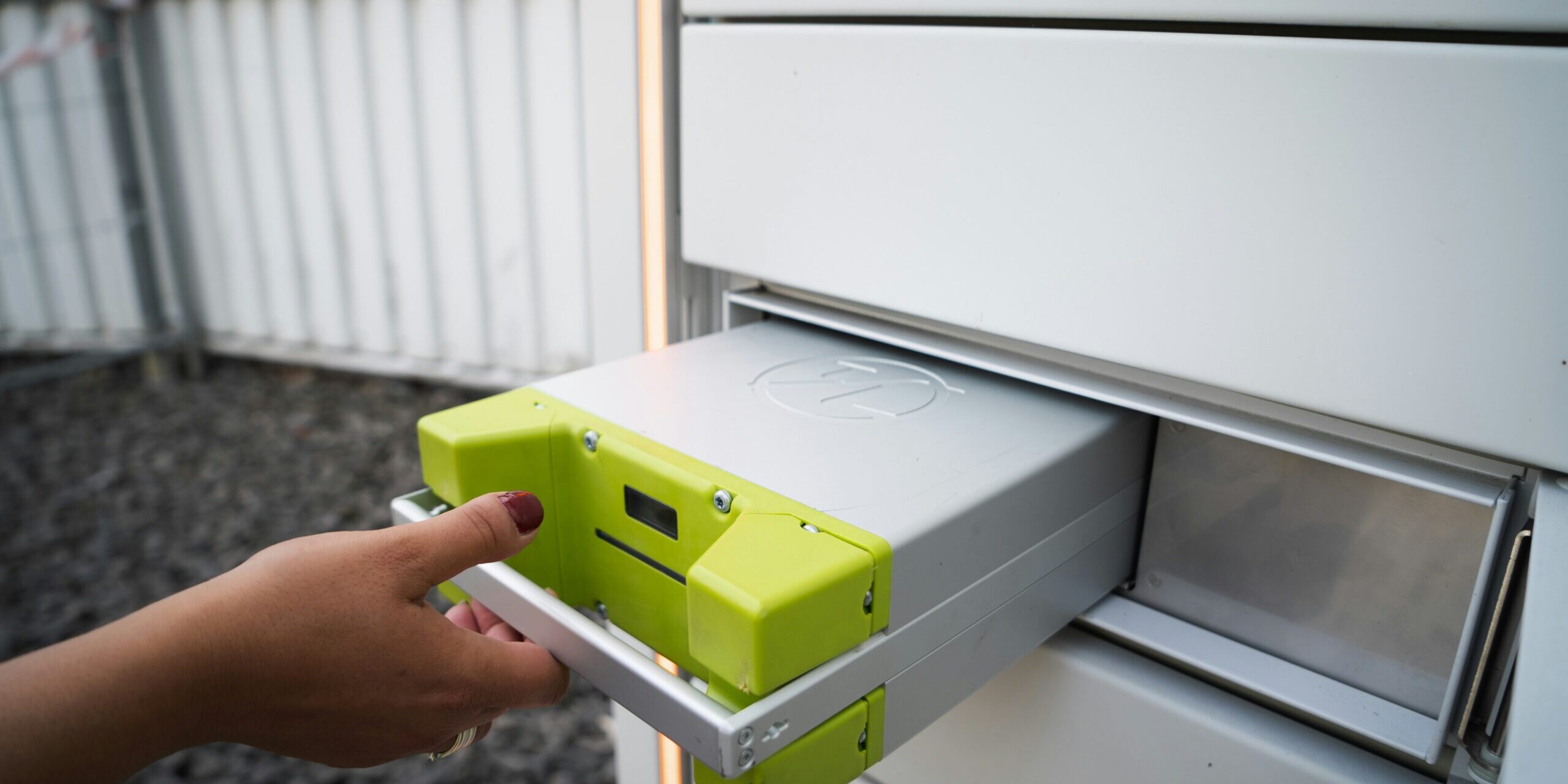India’s potential to become a key player in the global battery supply chain is gaining recognition, with a new analysis by Observer Research Foundation America (ORF-A) highlighting the country’s prospects through international collaboration. While currently, India’s role is minimal, strategic partnerships and investments could significantly enhance its position in the global supply chain for electric vehicle batteries.
At present, China leads the global battery supply chain, dominating the production of essential materials and components. However, shifting geopolitical dynamics and the need for supply chain diversification present an opportunity for India to emerge as a crucial contributor. India’s strengths lie in its existing production capabilities and growth potential in specific segments of the battery supply chain. The country supplies raw materials like copper, graphite, and manganese, essential for battery production. Moreover, Indian companies are actively increasing their capacity to produce anode materials and other cell components, laying the groundwork for a robust battery manufacturing sector.
Despite the absence of significant reserves of nickel, cobalt, and lithium, India can leverage international cooperation to bridge this gap. By importing end-of-life batteries for processing and collaborating with countries seeking non-Chinese investment, India can secure necessary resources and expertise. The establishment of capital-intensive production facilities, like gigafactories and processing plants, will require substantial financial resources. However, international financial institutions and development finance organizations can provide critical support, reducing risks and attracting private sector investment.
India’s strong domestic demand for electric vehicles, particularly two- and three-wheeled variants, further bolsters its potential. Government subsidies and incentives for electric vehicle adoption are driving the development of domestic battery pack production. Additionally, India’s robust electronic waste recycling industry positions it well for expanding into battery recycling, contributing to a sustainable supply chain.
Collaboration in research and development is another avenue for India to enhance its capabilities. Increased university-to-university and government-to-government research partnerships can foster innovation and technological advancements, benefiting both Indian businesses and international partners.
In conclusion, India’s ascent in the global battery supply chain is achievable through a combination of commerce, investment, research cooperation, and international support. By capitalizing on its strengths and forging strategic partnerships, India can play a vital role in the global electric vehicle transition, contributing to a more sustainable and diversified supply chain.
#ICCTMNews #BreakingNews #SupplyChainNews #BatteryProduction #GlobalTrade #EVBatteries #SustainableEnergy







